Friends who keep birds know that suet is a popular "snack" for birds in many cases. Feeding them appropriately can replenish certain energy, etc. But it is not suitable to feed suet all the time. Today, let's have a good chat about when to stop feeding suet to birds to avoid doing bad things with good intentions.

When the weather gradually gets hotter, you need to pay special attention to stop feeding suet. Think about it, the temperature in summer is high, and the ability of birds to regulate their own body temperature is relatively limited. Suet is a high-calorie food. If you continue to feed suet in hot weather, it is easy for birds to become obese, and after eating, they will accumulate too much heat in their bodies, feel more hot and uncomfortable, and may even cause health risks such as heat stroke. Just like one summer, I didn't pay much attention and fed my budgie some suet as usual. As a result, it became obviously listless in those days and kept breathing with its mouth open. Later, I realized that it was not appropriate to feed suet at the right time, so I stopped feeding it immediately and took some cooling measures. Then it slowly recovered.
When the bird has digestive problems, you must also decisively stop feeding suet. Suet is relatively difficult to digest. If the bird's stomach is not very comfortable, such as diarrhea and food accumulation, feeding suet will undoubtedly make things worse. Their stomach burden will become heavier, and it will be difficult to digest these oily foods normally, and the condition may become more serious. My friend's cockatiel had a stomachache before, but he didn't care and fed suet. As a result, the parrot's gastrointestinal problems lasted for a long time before it was cured. So once you find that the bird is not digesting well, you have to put the suet aside.
Oh, if the bird is in the molting period, it is best to stop feeding suet. Molting is a very important stage for birds. They need to allocate more nutrients to the growth of new feathers. At this time, it is more suitable to feed some foods rich in nutrients such as protein and vitamins to help the healthy growth of feathers. Suet seems a bit "unsociable" at this stage. It cannot provide direct and effective help for molting. Instead, it may affect the quality of the bird's molting due to factors such as high calories and unbalanced nutrition, making the new feathers not beautiful and healthy enough.
In general, we have to pay attention to the "time and place" when feeding birds with suet. When the weather is hot, the bird has digestive problems, or is in the critical stage of molting, we must decisively stop feeding suet, pay more attention to the actual situation of the birds, and choose more suitable food to feed them. After all, we raise birds in the hope that they can be healthy and beautiful. Only by feeding them reasonably according to different situations can they thrive and continue to accompany us happily. I hope that all bird lovers can keep this little knowledge in mind and keep their birds well.

So, next time when you pick up mutton fat to feed the birds, you might as well think about the current condition of the bird and see if it is suitable for feeding. Don’t ignore these important details, so that our bird-raising life will be more comfortable and pleasant.

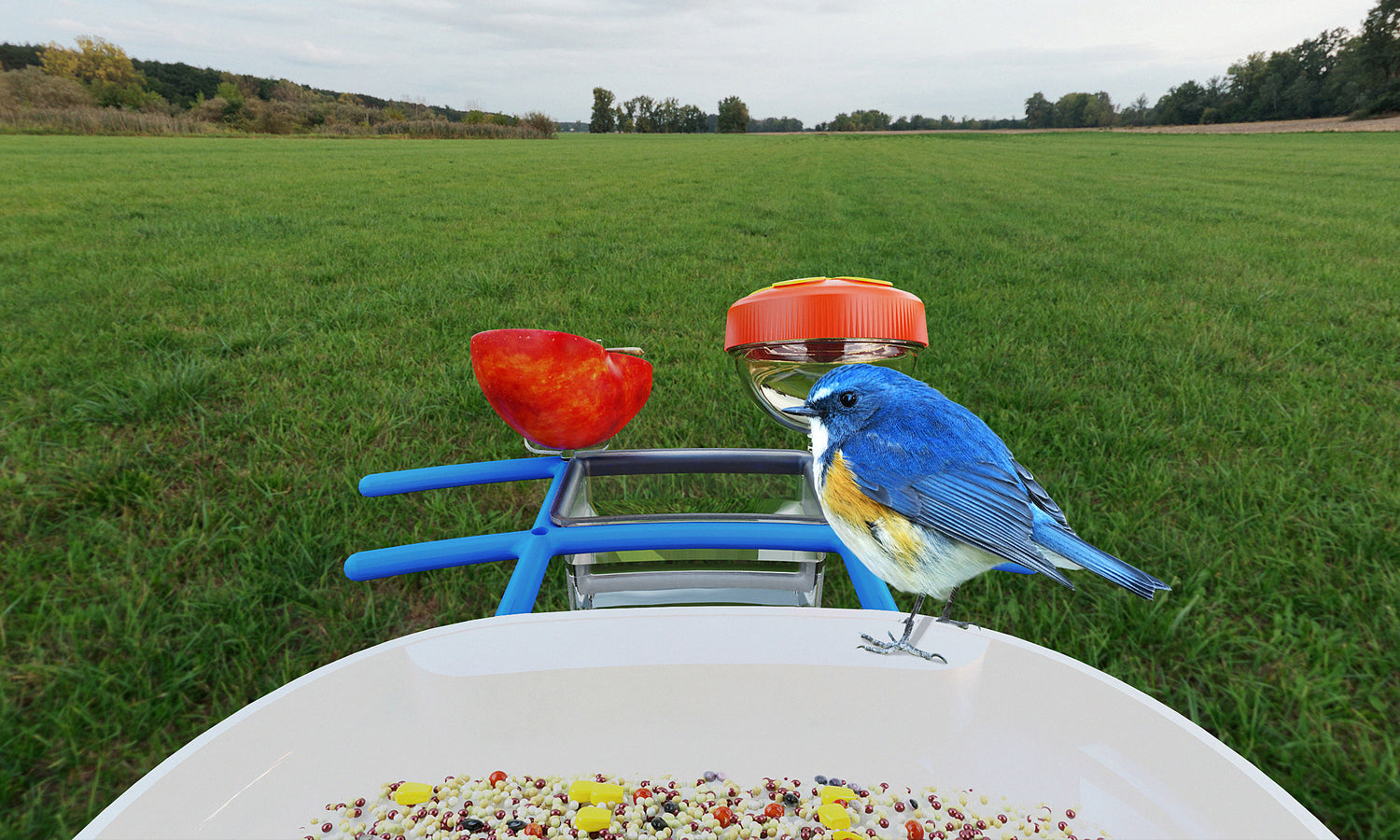
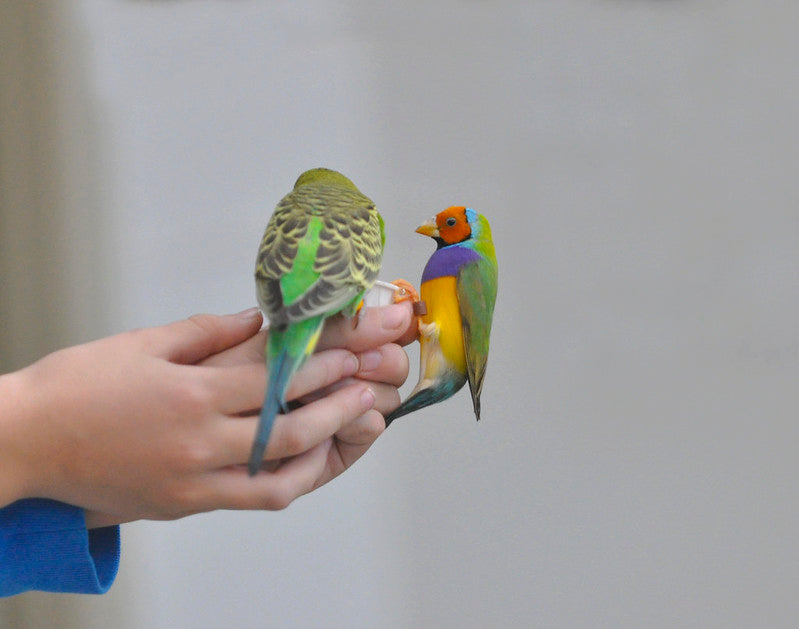
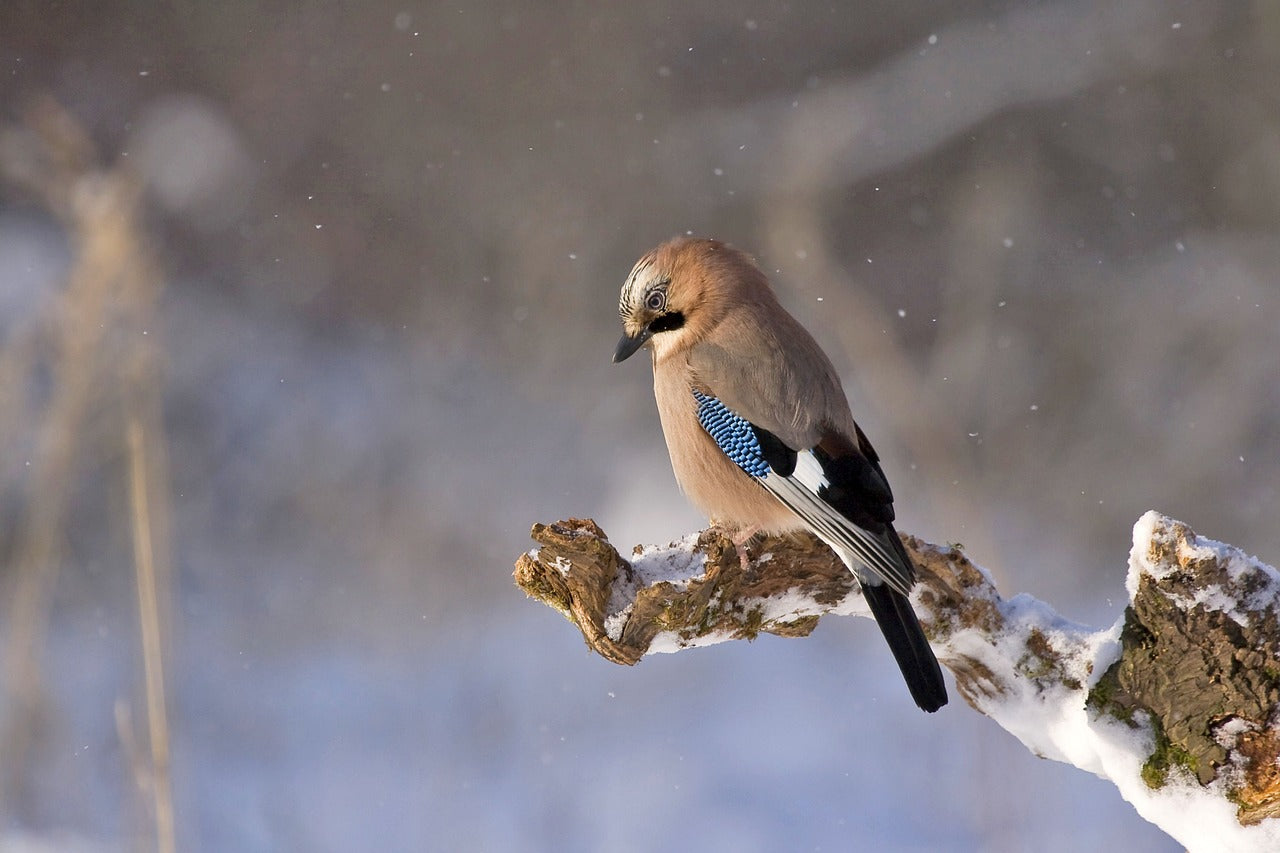
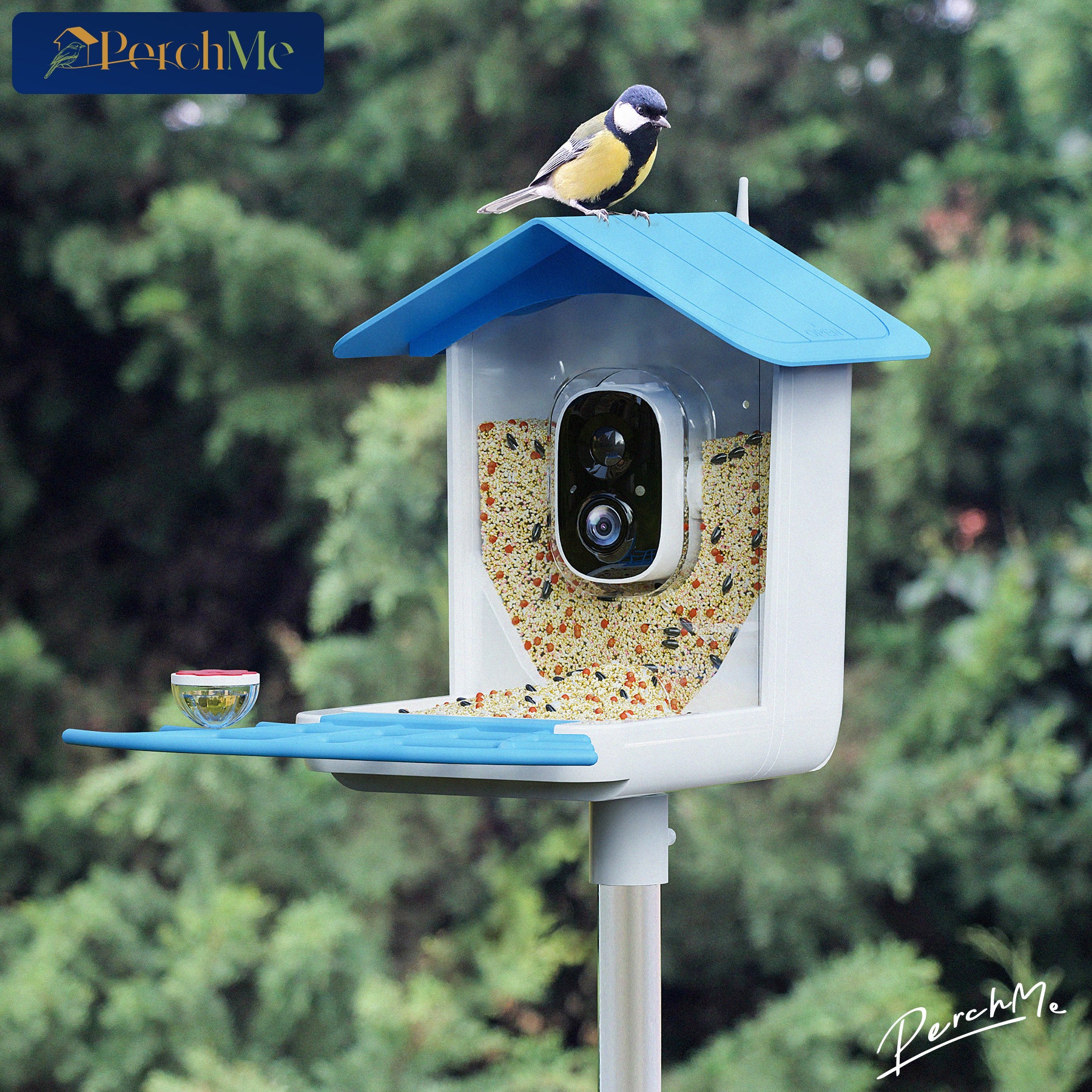
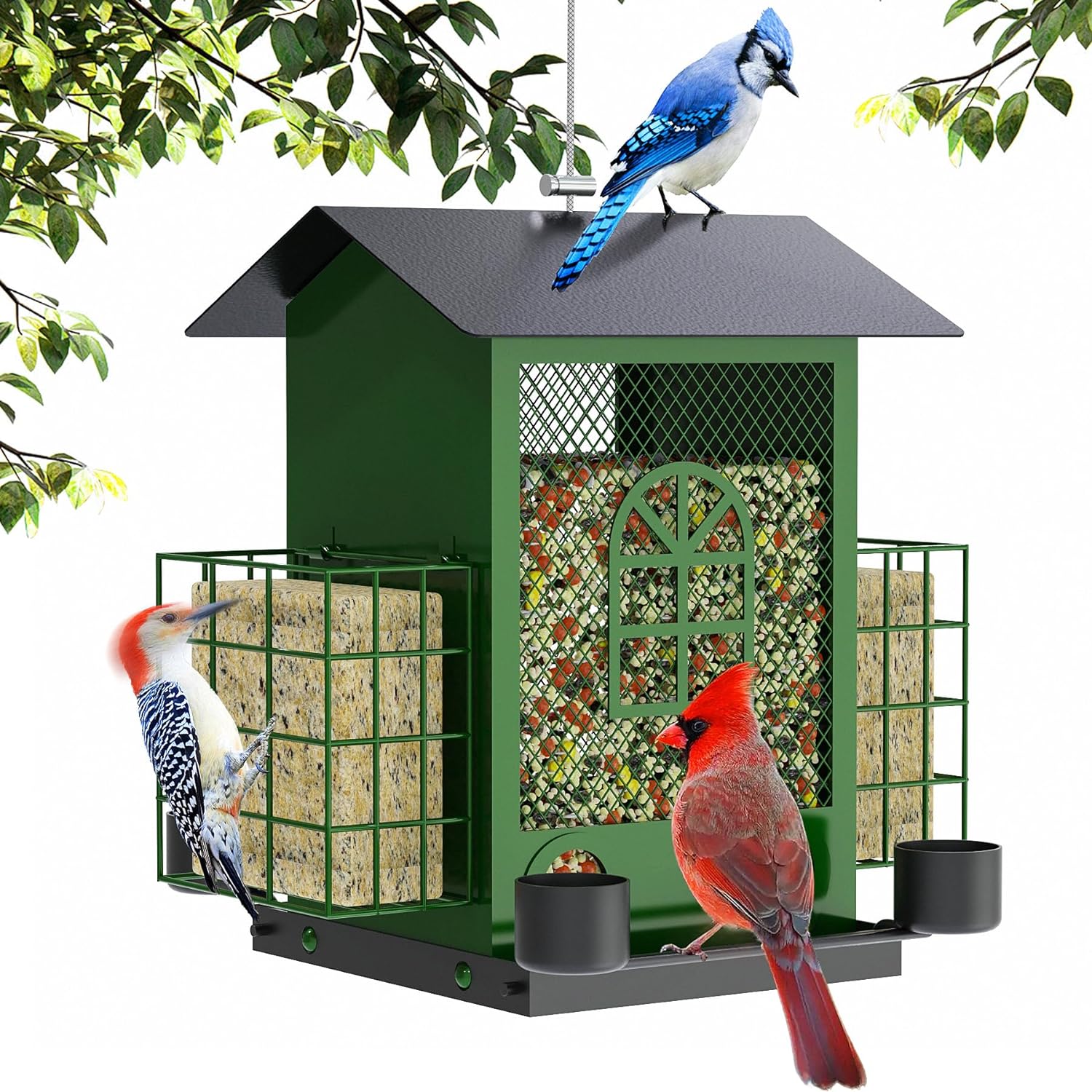









Leave a comment
All comments are moderated before being published.
This site is protected by hCaptcha and the hCaptcha Privacy Policy and Terms of Service apply.